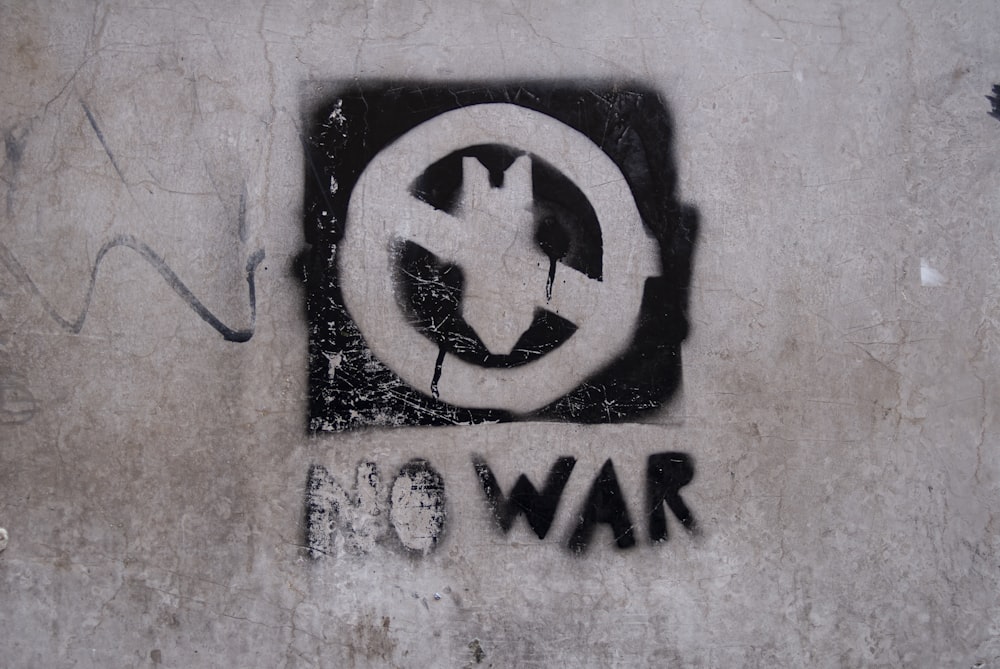We are delighted to share with you our library of resources. You can use the filter feature below to find topics most relevant to your curriculum.
Want to organise the resources you use most in one place? Register as a user to add content to your own Boards.
Pacifism
Is there an alternative to war?

Jesus clearly taught that the priority was to love and care for others: not to fight, but to pray about situations of violence and ask God to bring peace. Although his kingdom is not an earthly one, he taught his followers to do good and help the people around them.
For Christians who believe in pacifism, wars waste God-given resources, bring suffering, and open the door to hatred, violence, and murder. These are not Christian values.
In John’s gospel, Jesus talks about himself as the good shepherd. He says Satan is like a thief. "The thief's purpose is to steal and kill and destroy. My purpose is to give life in all its fullness” (John 10:10). Nowhere in the New Testament does Jesus advocate war, but he encourages compassion.
To read more about the Bible's view on peace, click here.
- Putting tariffs on imported goods to affect the economy of the offending country.
- Ceasing to trade altogether, banning imports to and exports from that country.
- Prohibiting loans and restricting aid.
- Banning participation in major world events, for example, the Olympics.
- Withdrawing your embassy.
- Ceasing to sell arms to the offending country.
- Banning new investment in that country.
- Military strikes, in particular on important military targets such as a naval base.
